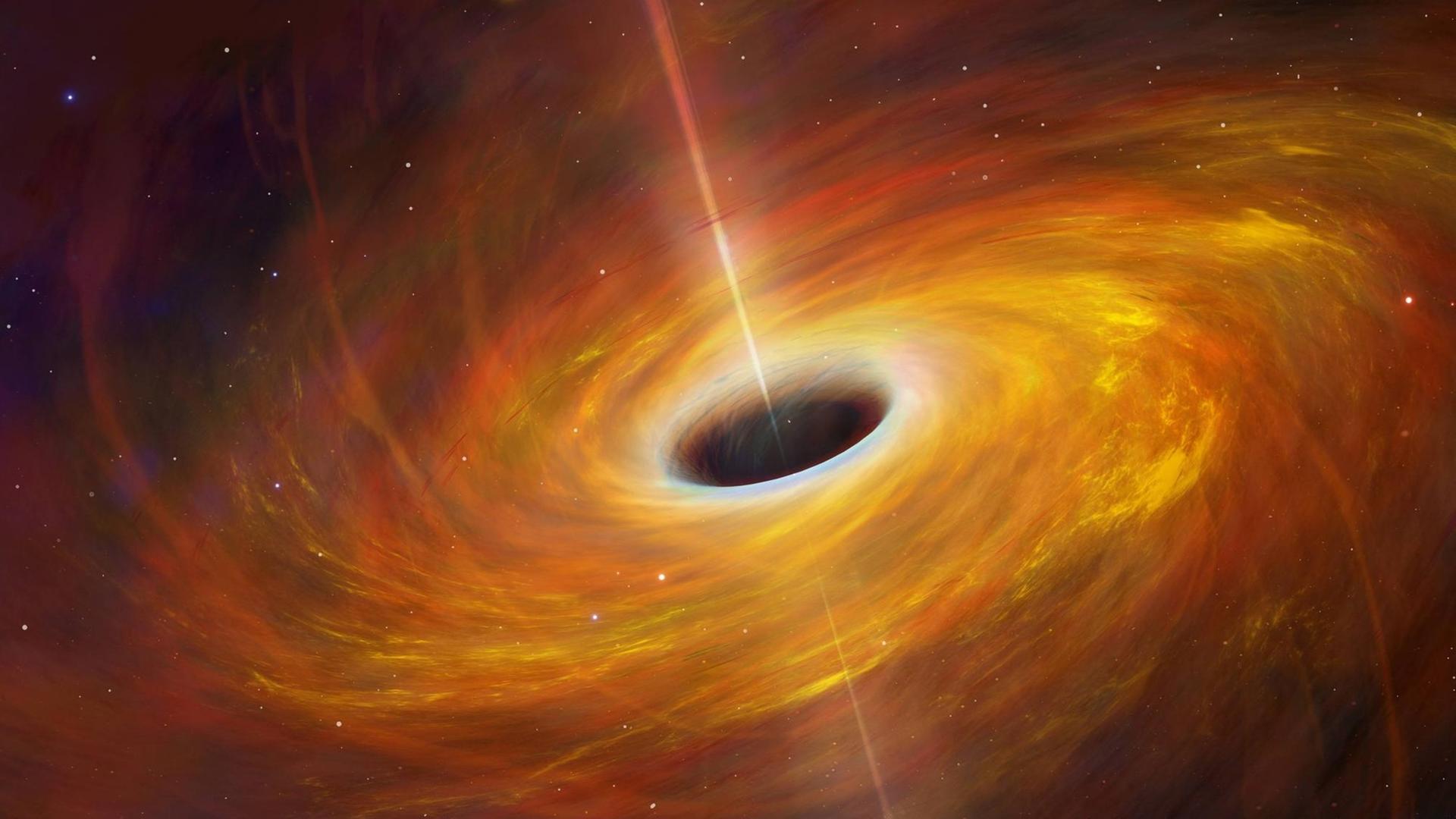This process can be compared to a “beam of light shining through the bottom of a glass,” Durham University astronomer and lead author James Nightingale told AFP.
The possibilities of new technology.
Black holes have such strong gravity that not even light can escape them. So, since they’re just black, until now they could only be observed by showing large amounts of light at their edges or by measuring the orbits of stars that speed up when they fly past a black hole. However, these techniques only work for relatively close galaxies.
The new gravitational lensing technique will allow the detection of black holes “in the remaining 99 percent of galaxies that are currently inaccessible,” Nightingale said. As a result, our picture of the universe is expected to “change dramatically.”
For their now-published discovery, Nightingale and her colleagues used Hubble Space Telescope images and computer simulations. They also ruled out other possibilities, such as an overconcentration of dark matter.
This message was broadcast by Deutschlandfunk on March 31, 2023.

“Extreme gamer. Food geek. Internet buff. Alcohol expert. Passionate music specialist. Beeraholic. Incurable coffee fan.”







